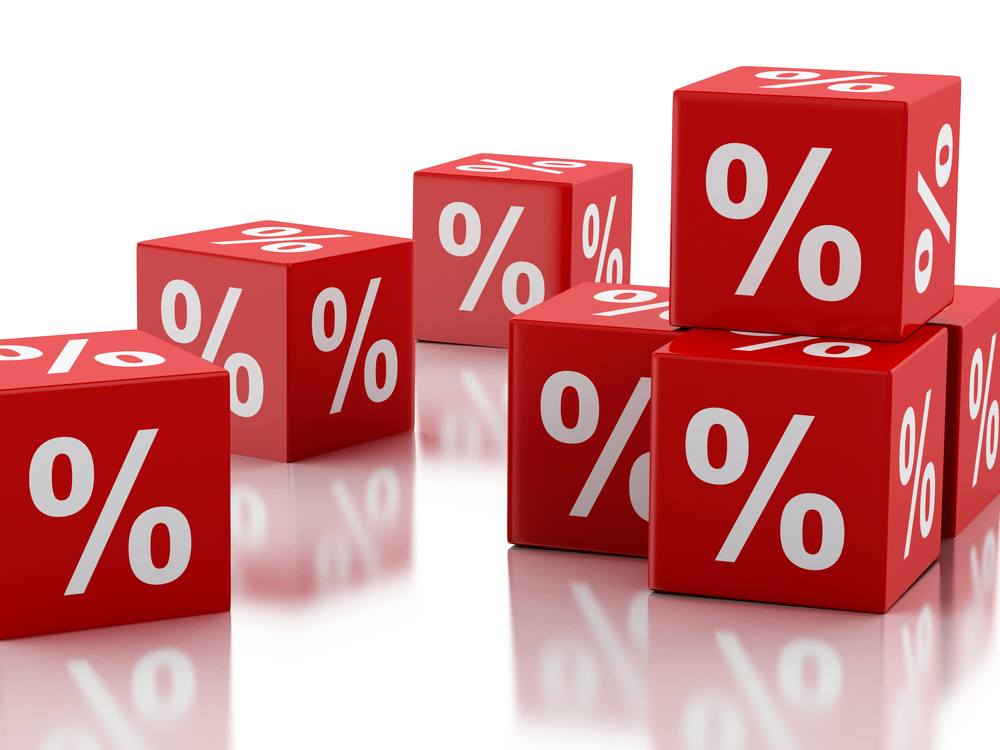 The UK inflation rate has unexpectedly fallen, driven by a drop in fuel prices.
The UK inflation rate has unexpectedly fallen, driven by a drop in fuel prices.
The Office for National Statistics said that inflation rose by 2.6% in June compared with 2.9% in May – the first fall since October 2016.
The fall in inflation will weaken the argument for a hike in interest rates that was supported by a minority of the policy makers on the Bank of England’s Monetary Policy Committee last month.
In a surprise move, the Bank’s Monetary Policy Committee voted by a majority of 5-3 to maintain the Bank Rate at 0.25% – the closest it has come to raising rates since 2007.
Howard Archer, chief economic adviser to the EY ITEM Club, said: “The unexpected drop in inflation markedly dilutes pressure on the Bank of England to raise interest rates at the early-August MPC meeting.
“We expect to see a 6-2 MPC vote for unchanged interest rates at the August meeting compared to 5-3 at the June meeting.”
Falling prices for motor fuels and certain recreational and cultural goods and services were the main contributors to the fall in the rate. Fuel prices fell by 1.1% between May and June compared with 2.2% last year.
These downward contributions were partially offset by rising prices for furniture and furnishings.
While the rate had been forecast to remain at 2.9% it is still well above the Bank of England’s target of 2%.
Archer said the fall was a “highly welcome and much needed surprise”.
“There is now a very real chance that UK inflation will dodge reaching 3% in the second half of the year, although there could be a limited renewed pick-up over the coming months as sterling’s past sharp drop may not have fully fed through.
“However the risk of inflation going markedly above 3% looks to have been diluted by sterling firming from its early-2017 lows and oil prices softening.
“Ongoing muted earnings growth and stuttering UK economic activity are also keeping a lid on domestic price pressures.”




